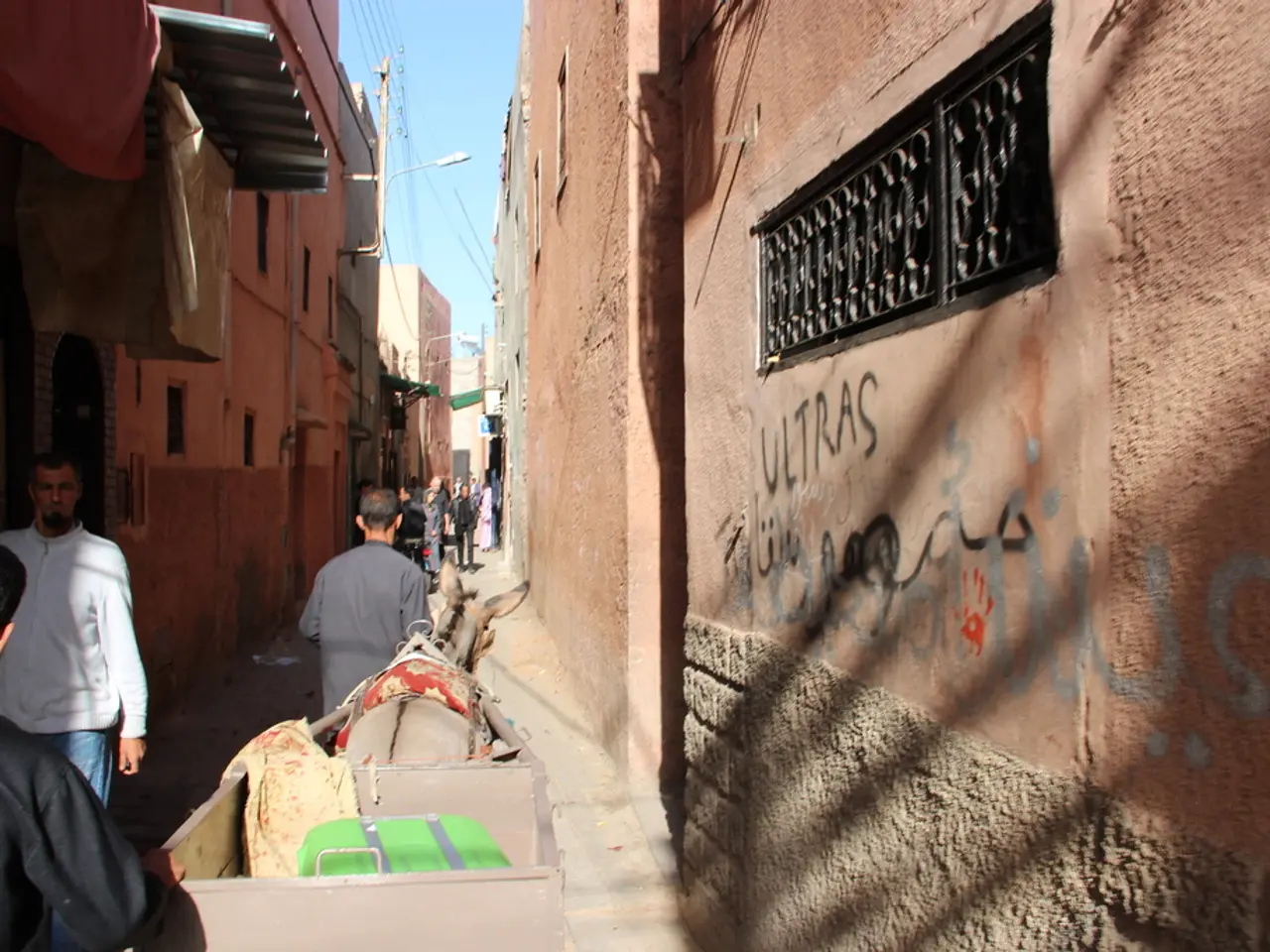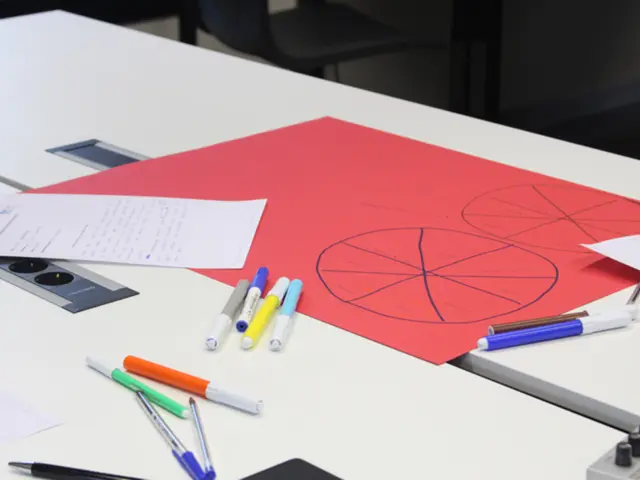Majority of United Nations member states endorse establishment of Palestinian state
International Recognition of Palestinian Statehood Gains Momentum
The ongoing Israel-Hamas conflict, which began in October 2023, has sparked a renewed push for Palestinians to be granted a state of their own. This global push for recognition traces its roots back to November 1988, when the Palestine Liberation Organization (PLO) declared the State of Palestine in Algiers.
Following the declaration, around 88 countries recognized the new state, with most support coming from the Arab world, Asia, Africa, and the Eastern bloc. However, Western bloc countries, excluding Turkey and a few Latin American nations, were hesitant to extend recognition at that time [1][3][4].
Key milestones in the recognition timeline include:
- 1988: The Palestinian National Council declared the State of Palestine in Algiers, with immediate recognition from Arab countries (except Syria), many African and Asian states, and Eastern bloc nations. The PLO gained observer status in the UN, and the designation "Palestine" was adopted to replace "Palestine Liberation Organization" [2][3][1].
- 1989: The PLO claimed recognition by about 91-94 states, including support and membership in the Arab League and the Organisation of the Islamic Conference (OIC). Efforts to join UN agencies as a recognized state encountered U.S. opposition, which threatened funding cuts [3].
- 2014: Sweden became the first Western European country to recognize Palestine, marking a shift. Recognition in Western and Northern Europe mostly stalled afterward, due to diplomatic resistance from Israel and some European countries [4].
- 2023–2024: Following increased conflict and international attention after October 7, 2023, several European countries including Spain, Ireland, Norway, Slovenia, and France took steps to recognize Palestine [4].
- September 2025: Australia, France, the UK, and Canada announced plans to formally recognize Palestinian statehood at the UN General Assembly. France has committed to unconditional recognition, while others are considering conditional recognition. This move is seen as a significant development since these states are significant global players and Security Council members [5].
As the Israel-Palestine conflict continues, the international recognition of Palestinian statehood has evolved from broad support among non-Western and developing countries in 1988 to growing, though still contested, acceptance in parts of Europe and other developed countries by the mid-2020s [1][3][4][5].
Notable announcements include Britain's pledge to recognize a Palestinian state in September 2025 unless Israel takes "substantive steps," including agreeing to a ceasefire in Gaza. Additionally, Australia has announced that it will recognize a Palestinian state at the UN General Assembly in September 2025 [6].
The ongoing Israel-Hams conflict, which sparked a renewed push for Palestinian statehood in 2023, has ignited discussions about policy and legislation in the realm of politics. This includes the international recognition of Palestine at the UN General Assembly, with several European countries like Spain, Ireland, Norway, Slovenia, and France taking significant steps towards recognition. Furthermore, major policies regarding Palestine statehood are under deliberation in key global players like Australia, France, the UK, and Canada, with France committing to unconditional recognition and others considering conditional recognition, indicating the evolving landscape of war-and-conflicts, general-news, and international relations.








